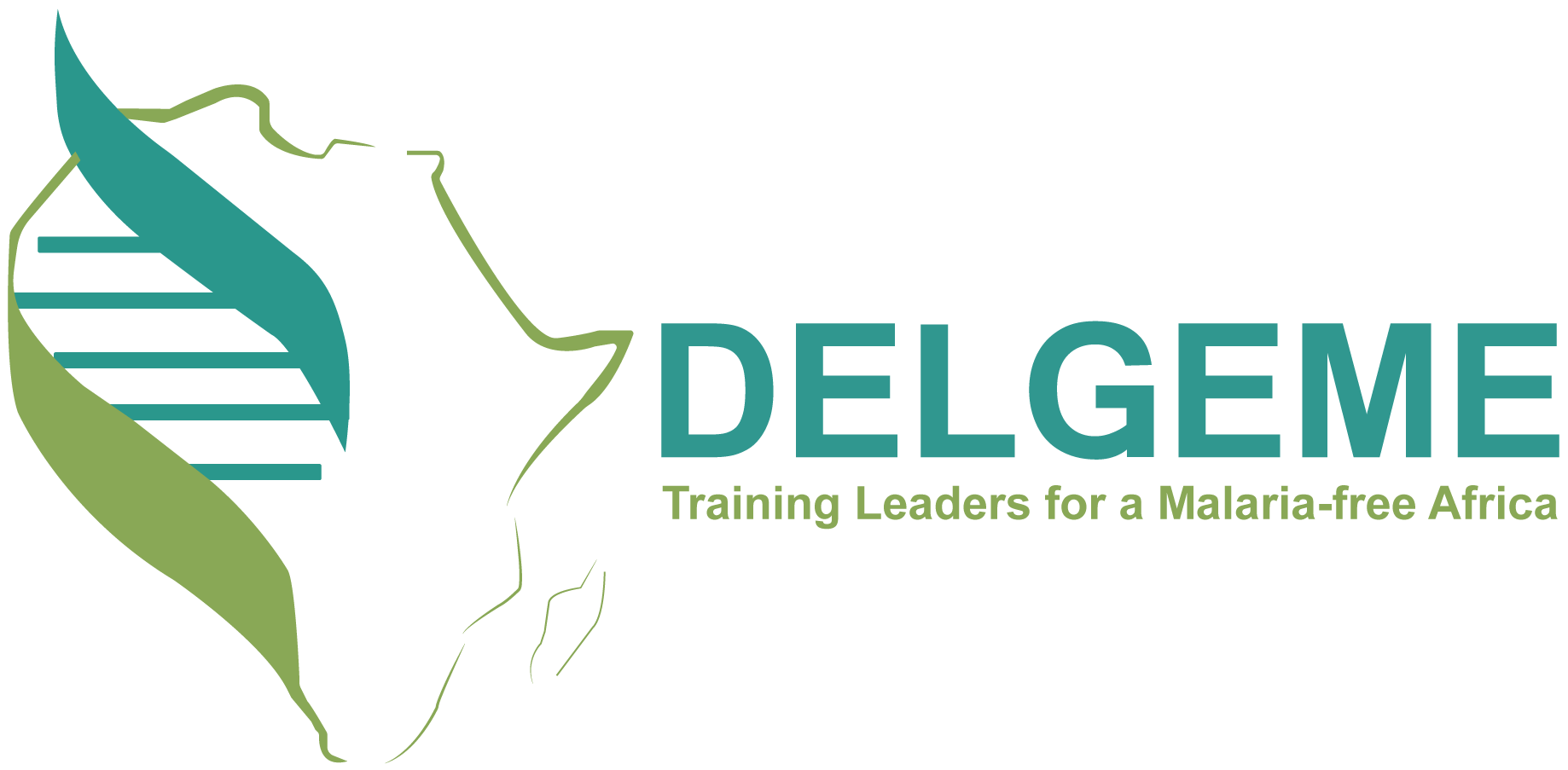
– Professor of Bioethics and Global Health
Affiliation :
Bio :
Paulina Tindana is an Associate Professor of Bioethics and Global Health in the Department of Health Policy, Planning and Management at the University of Ghana School of Public Health. She holds a Bachelor of Arts from the University of Ghana (1999), a certificate in Bioethics from Johns Hopkins University Berman Institute (2002), a Master of Health Sciences from the University of Toronto (2004) and a DPhil in Public Health from the University of Oxford (2013).
Her research and teaching focus on the ethical, socio-cultural and policy implications of biomedical research and public health systems, including genetics and genomics. Prof. Tindana has published extensively in these areas and contributed to several research ethics and bioethics capacity-building initiatives across Africa. She has supervised over 55 master’s students and 10 PhD students at the University of Ghana.
As Principal Investigator, she leads the Genomics Epidemiology for Malaria Elimination Policy Engagement Project, funded by the Gates Foundation and the H3Africa Community Engagement in Genomics and Biobanking (CEBioGen) project, supported by the US National Institutes of Health (NIH). Additionally, she is the Lead for the Global Health Bioethics Network in Ghana and has served on various national and international bioethics committees, including the Ghana Health Service Ethics Review Committee, UNESCO International Bioethics Committee (IBC), International Association of Bioethics (IAB), Board of Directors of the Drugs for Neglected Diseases Initiative (DNDI), Pathogen Genomics Diversity Network, Africa (PDNA) and the H3Africa Consortium.
Prior to her appointment at the University of Ghana in 2018, Prof. Tindana spent nearly 20 years at the Navrongo Health Research Centre, progressing from a fieldworker to the position of Deputy Chief Health Research Officer. Her work focused on social science research as well as research ethics capacity strengthening and community engagement initiatives.
